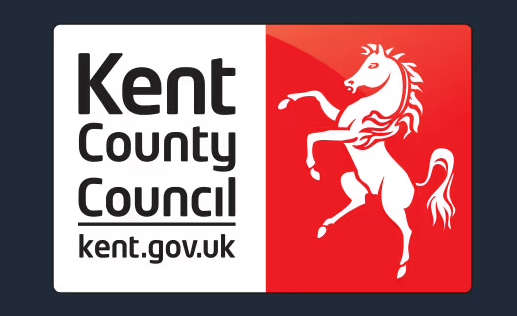
Kent County Council and all Kent's Borough Councils are set to be replaced by 3 or 4 unitary authorities, with next May's local elections possibly abandoned.
Kent’s local councils are in for “a bumpy ride” as the government presses ahead for a speedy shake-up in the way they are run in the future.
One leader believes the county will be among the first to phase out all of the 14 current authorities and introduce an elected mayor and a smaller number of large unitary authorities.
If Kent is on local government minister Jim McMahon’s “devolution priority programme” the new mayoral office could be in place by May 2026.
It is not yet known if the Kent County Council (KCC) elections will take place next May as planned.
Party associations across the county have already chosen candidates and are working out campaign strategies for the 81 divisional seats.
One party activist said: “I’m just about to get my first batch of leaflets printed and I had to ring the printer this morning and put the order on hold. I know other candidates are doing the same.”
Leaders of KCC, Medway Council and the 12 second tier district and borough authorities are due to meet in Ashford tomorrow afternoon (December 18) when the subject of the KCC election is likely to be raised.
The process of installing a mayor and creating a new council structure are two separate processes under different laws but government will expect them them to be done swiftly in tandem.
In a letter sent on Monday, and seen by the Local Democracy Reporting Service, Mr McMahon (pictured below) has given all council leaders until January 10 to request an election postponement.
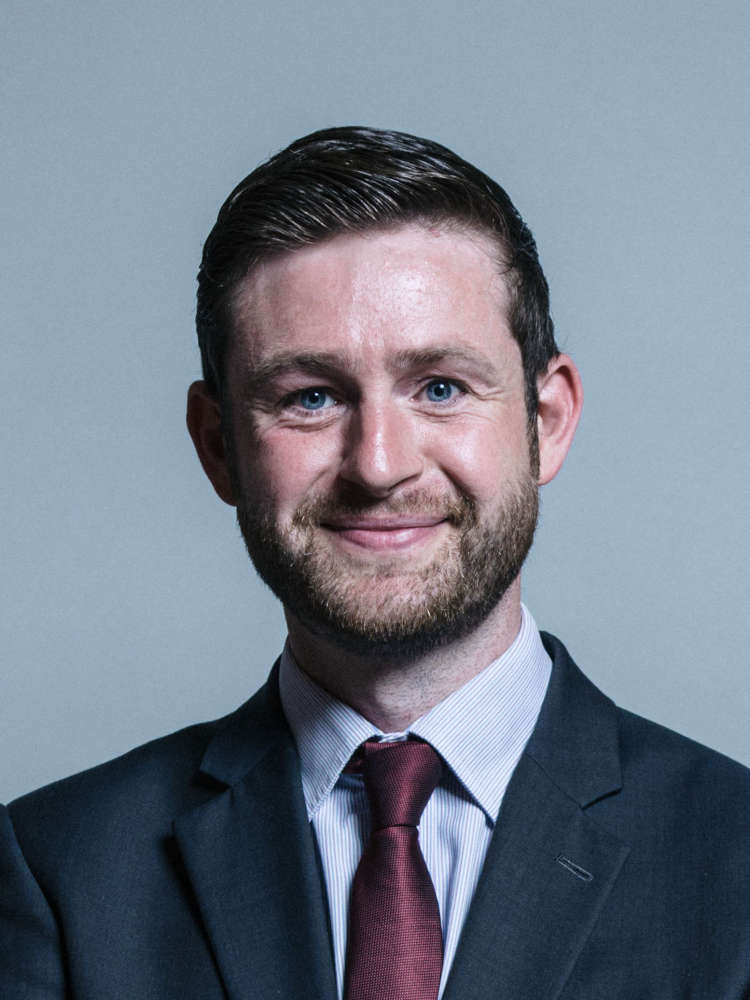
The letter said: “To lay the relevant legislation to postpone elections, I will need a clear commitment to devolution and reorganisation aims from upper tier councils in an area, including a request from the council/s whose election is to be postponed, on or before January 10.
“This request must set out how postponing the election would enable the council to make progress with reorganisation and devolution in parallel on the devolution priority programme, or would speed up reorganisation and enable the area to benefit from devolution as quickly as possible once the new unitary structures are in place.”
Mr McMahon said he is “minded” to introduce secondary legislation to postpone local elections from May 2025 to May 2026.
But he added: “However, I will only do this where this will help the area to deliver both reorganisation and devolution to the most ambitious time frame….”
The minister said the government expects to deliver new unitary authorities in April 2027 and 2028.
Cllr Vince Maple, leader of Medway Council, said: “I’m keen to get it done right and if that means us being in the first or second or third tranche, I want to have those conversations but I think people need to and deserve to know what the milestones will be, what the changes will be, how their community will be impacted by this.
“Do I want more resources to come to Medway and Kent? Yes I do, I want that as soon as possible but not at any price. We’ve got to go through due process.”
Addressing the funding squeeze and soaring costs faced by local authorities, Mr McMahon’s letter added: “We are under no illusion about the scale of issues facing local government.
“It is in all our interests to make sure we are avoiding unnecessary spend at a time when budgets are already tight, so we will be working with sector partners to avoid use of expensive consultants wherever possible.”
Maidstone council’s Green Party leader Stuart Jeffery (pictured below) said: “Get your seat belts on, folks, it’s going to be a bumpy ride.
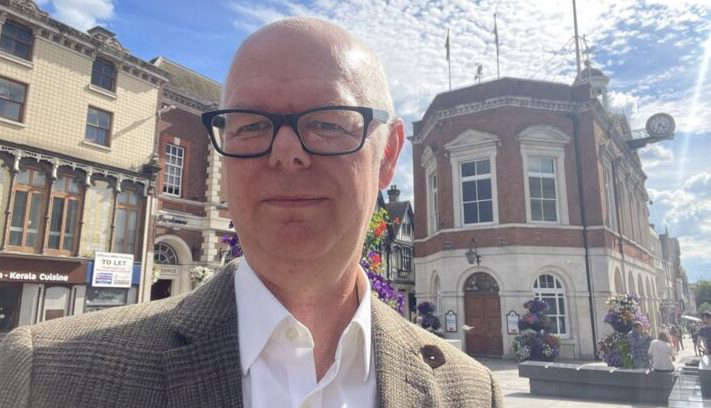
“We’re fairly certain that we will be on the preferred list of areas to go first, which is frankly a bit worrying. There are pros and cons in this.
“The worry is that if we go first, the mistakes are there to be made.”
The government launched its devolution White Paper yesterday in Leeds, West Yorkshire.
The deputy Prime Minister Angela Rayner is keen for all councils’ involvement in the process of change.
She said: “Devolution will no longer be agreed at the whim of a minister in Whitehall, but embedded in the fabric of the country, becoming the default position of government.”
The number of unitary authorities in Kent has yet to be determined but some observers speculate it could be three while others say four to accommodate Kent’s near 2million and rising population.
KCC and Swale council independent Mike Baldock warned the new unitary system will see the loss of local amenities like children’s playgrounds and service cuts.
He added: “This is the most undemocratic thing this government has done – it’s about control and it’s about centralisation. This government doesn’t like communities having a voice.”
A joint statement from the leadership of KCC, Medway Council and the 12 second tier authorities said: “Our priority now will be to ensure the framework and additional powers work in the best interests of residents and businesses across Kent and Medway, with a focus on improving economic, environmental, and social prosperity whilst respecting the needs and desires of local people.
“We will be working collaboratively with our partners across the public sector to shape the plans and proposals to ensure we continue to provide high-quality and greatly valued services for our residents, respecting the history and communities of Kent residents.”

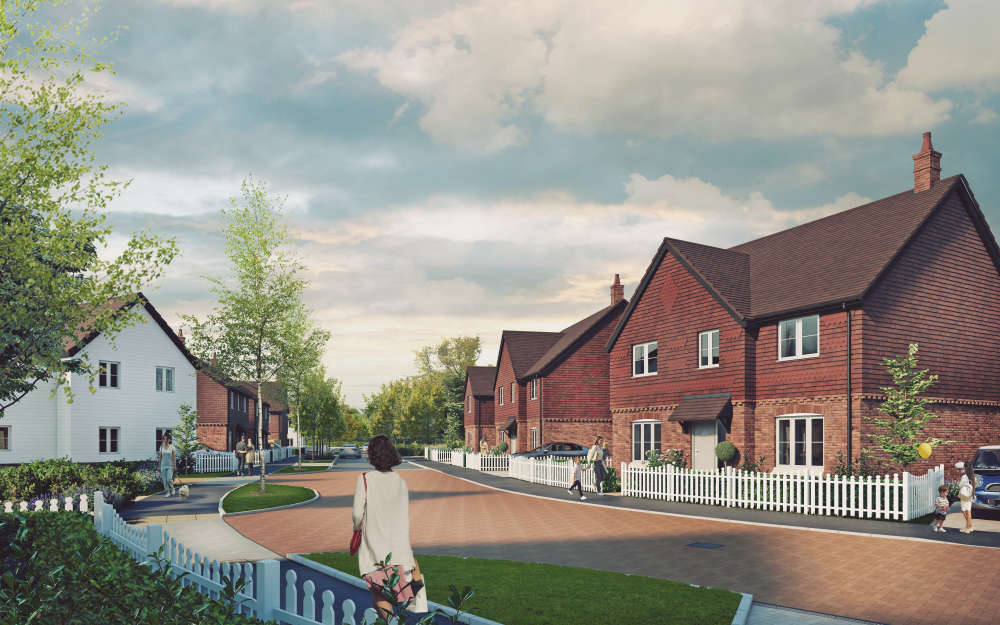 Bassetts Farm
Bassetts Farm
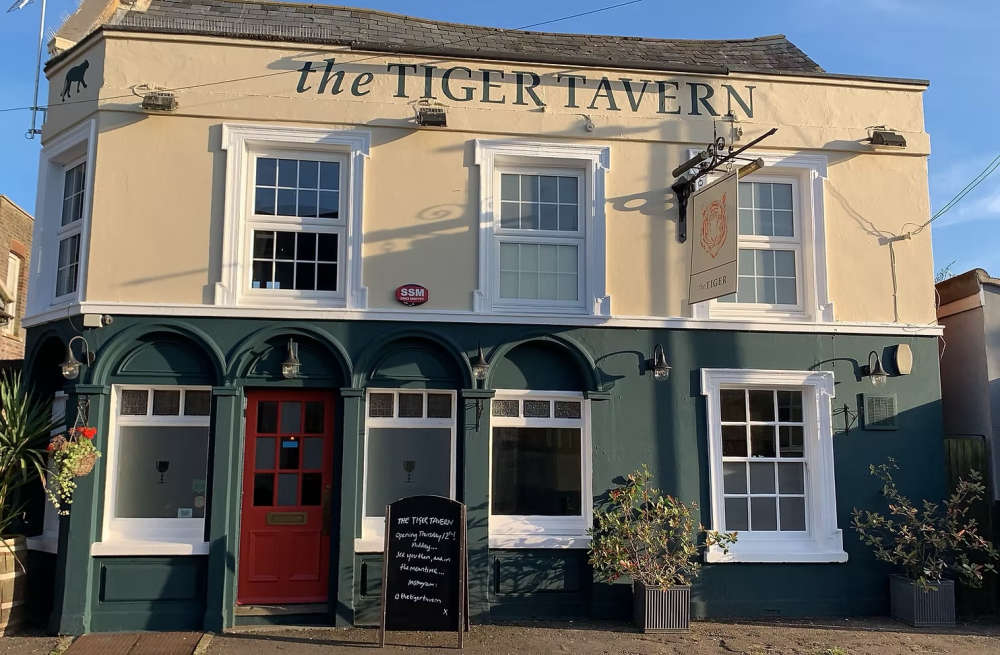 "Devastating" changes
"Devastating" changes
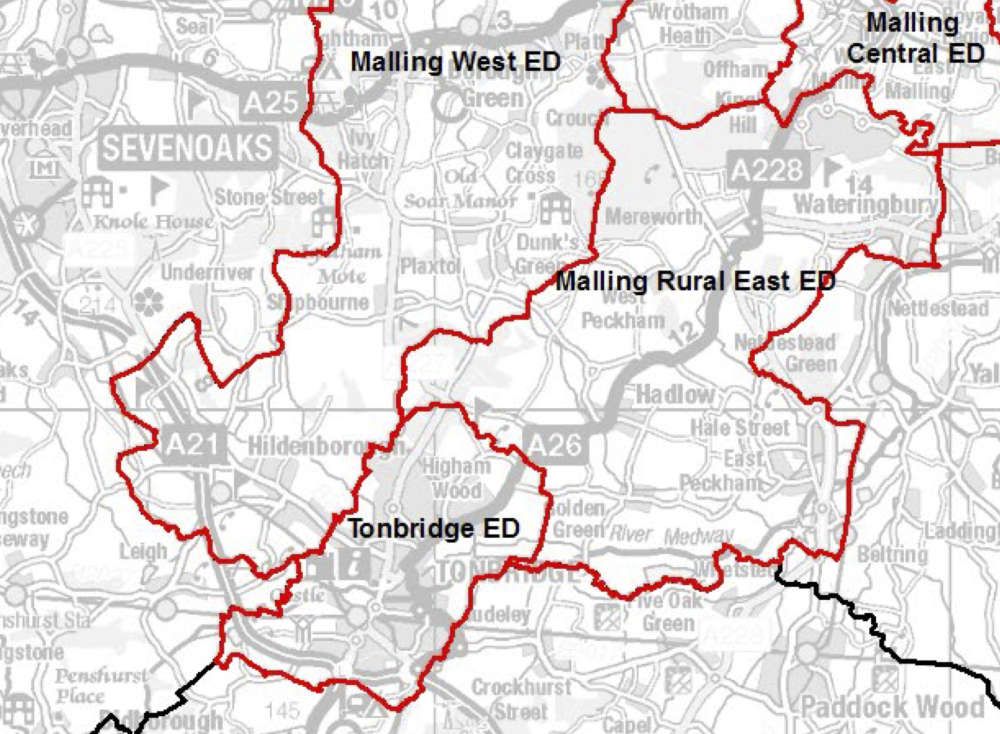 Candidates Tonbridge
Candidates Tonbridge
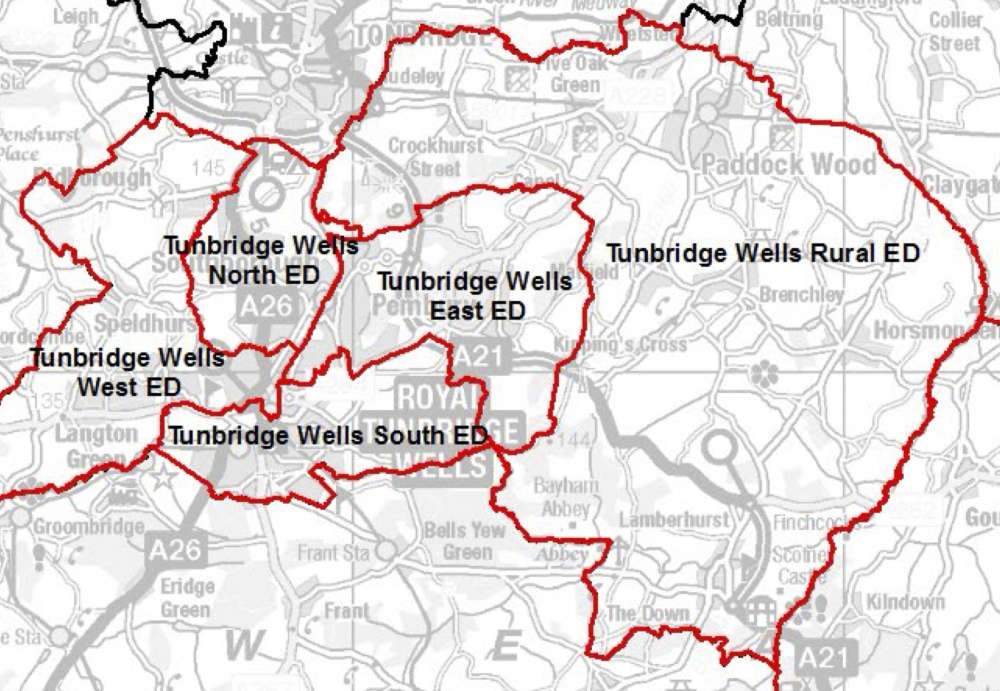 Candidates Tun Wells
Candidates Tun Wells
 Due to Open in 2028
Due to Open in 2028
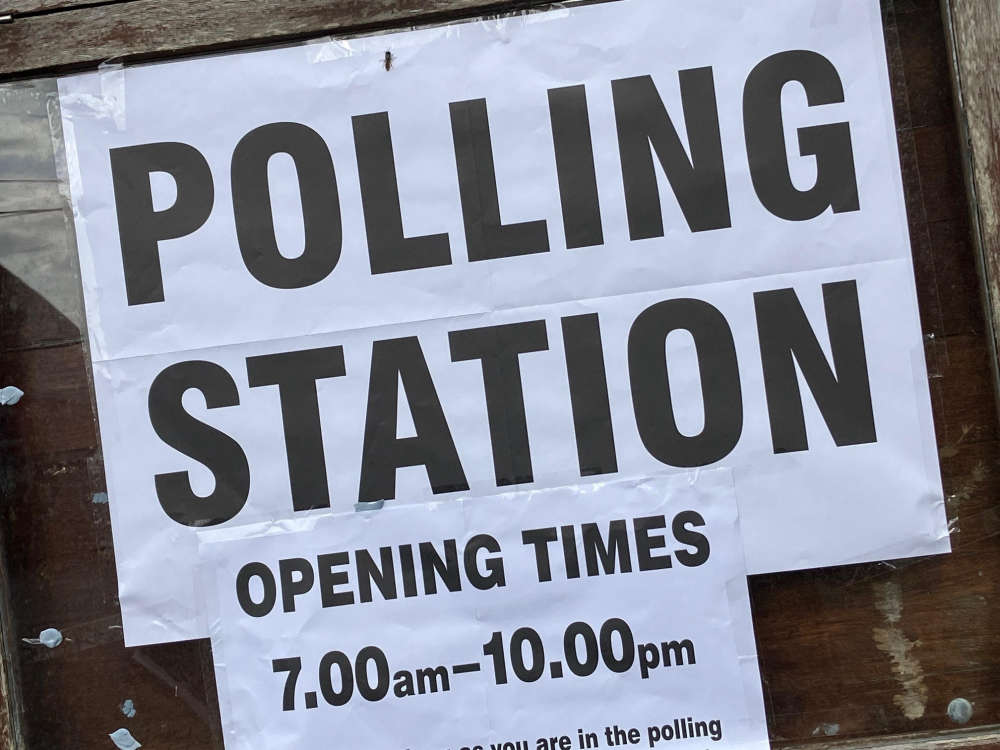 Vote on May 1
Vote on May 1
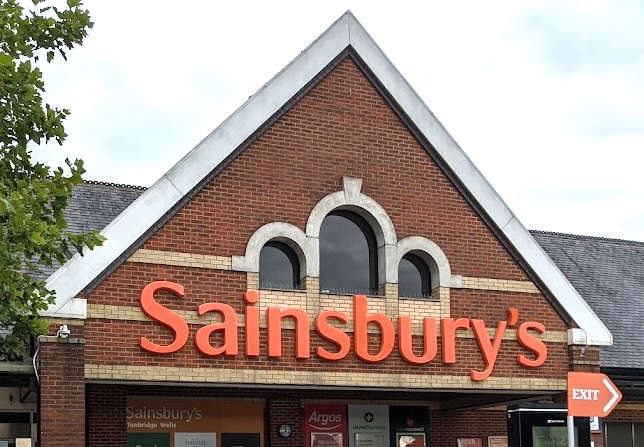 Glare Concerns
Glare Concerns
 "More Efficient" Future
"More Efficient" Future





Comments
Add a comment